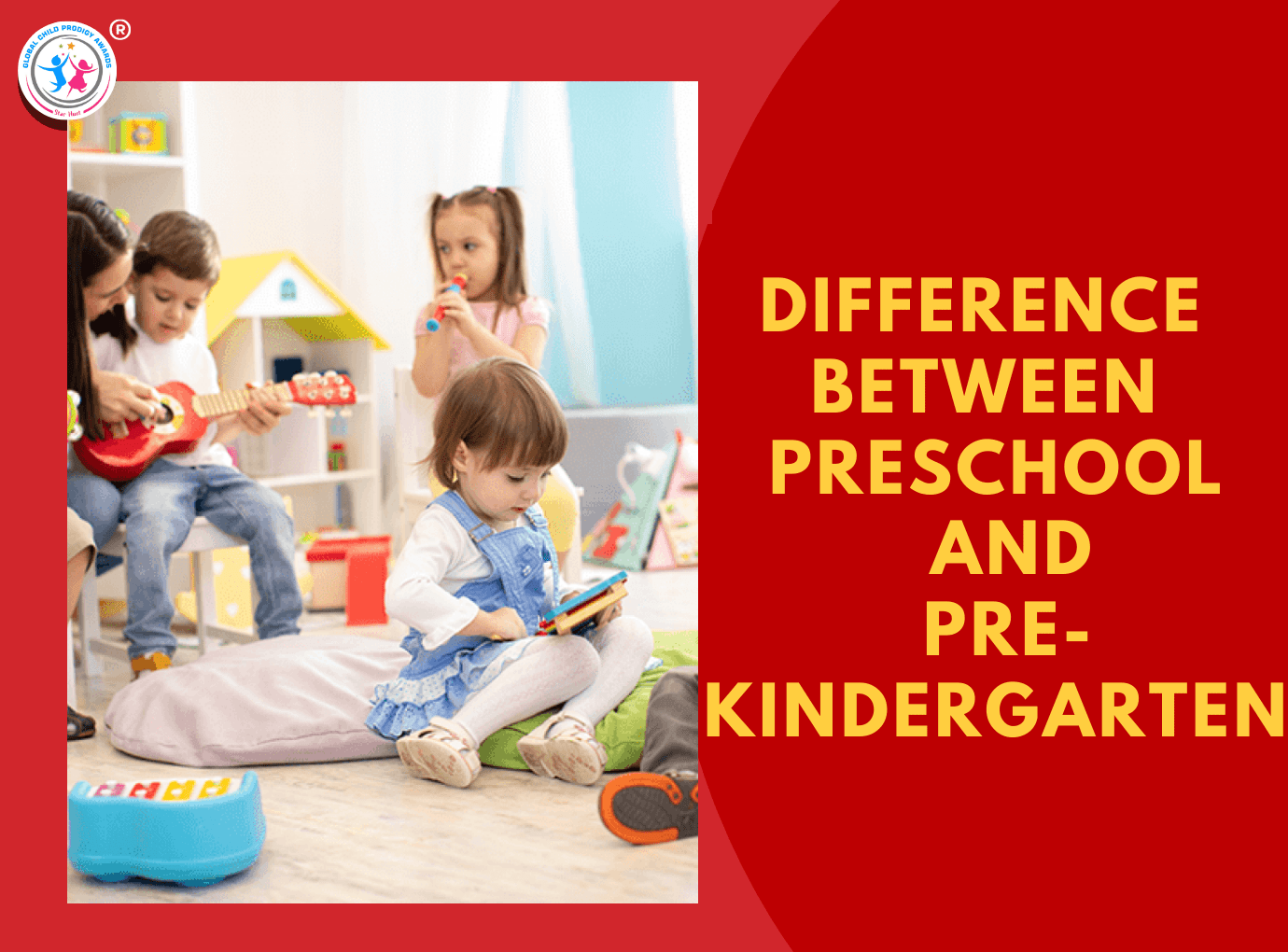Education is filled with jargon, and the early learning stage is no exception. The good news is in early childhood learning, knowing the difference between preschool and prekindergarten can lead to children’s readiness for early learning.
What’s essential in an early learning setting is are your children getting enough opportunities throughout their day to play, interact with other children, develop strong and healthy relationships, eat, rest, and grow. Opportunities are a learning chances for a young child. It will help in building a solid foundation of skills required for kindergarten and beyond.
Differences
One of the main differences between preschool and pre-kindergarten lies in how they prepare kids for school in their curriculums.
1.School enthusiasm in their curriculums

Both, preschools and prekindergarten have games and fun learning activities planned for the day. But pre-kindergarten focuses on advanced learning. It consists of science, math, and other subjects that require critical thinking. Preschools, on the other hand, foster cognitive development and problem-solving skills in children. Their teaching approach is a little more advanced than that of a daycare.
2.Age bracket
A distinct difference between preschool and pre-K education is the age group they cater to. The range for preschools is between 2 and 4 years old. Pre-kindergarten setting have kids of age around 4 to 5 years old. The age bracket makes it easy to help on their developmental abilities.
Preschool children gets to engage in school readiness activities. Pre-kindergarten children get to learn more advanced and more structured lessons.
3.Duration

Pre-kindergarten education usually run throughout the day as it is more focused on more advanced learning. Preschool classes are shorter and more flexible. Generally, they only last for half a day.
4.Location
The setup and location are preschools are ideally in isolation. Since there’s no affiliation with a more significant school setting, isolated, eco- friendly areas are opted for. Pre-Kindergarten schools have broader or a more progressive school setup.
5.Programs offered

High-quality early childhood education is essential. It helps a child achieve success in their future academic efforts. The programs offered in preschool and prekindergarten mainly develop children’s vocabulary and language skills. They prepare young kids for formal schooling. This way, they can continue to develop in every sphere be it intellectually, emotionally, socially, and physically.
The Global Child Prodigy wishes you Happy Parenting.
Also read: Pros And Cons Of Toy Guns For Children

